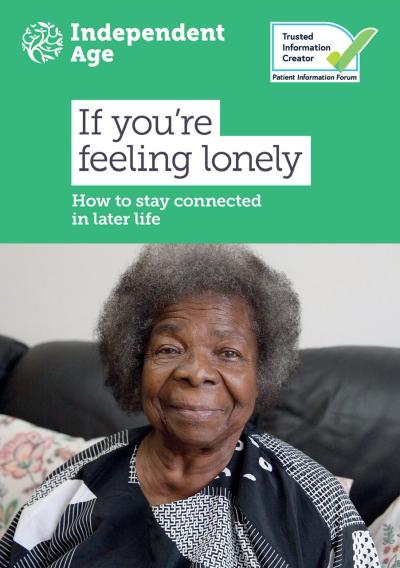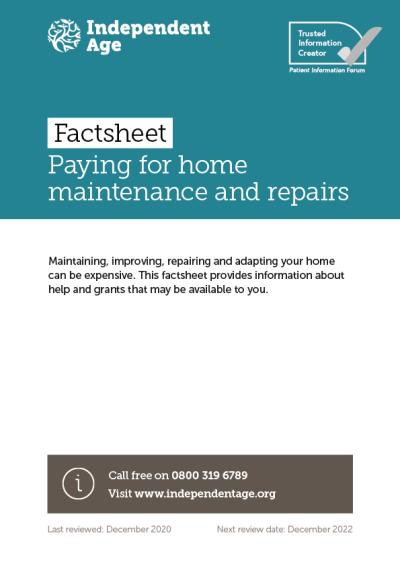Related publications

If you're feeling lonely

Sadly, some relationships break down and can’t be mended. Separation or divorce may be the best outcome, but it’s never an easy decision. You’ll need to consider practical and financial arrangements, as well as how you feel. You might want to get help to guide you through the process.
Once you’ve decided to go your separate ways, there’s a lot to consider. You’ll need to:
You’ll also have to think about the practicalities, such as where you’ll live and how you’ll manage financially.
You can get a divorce if you’ve been married at least a year and your relationship has broken down permanently. You’ll have to prove this by giving one of the following reasons:
If your husband or wife lacks mental capacity and can’t agree to a divorce or take part in the divorce case, you can still can apply for a divorce. They’ll need someone to make decisions for them, called a litigation friend. This could be a close family member, a friend or someone else who can represent them.
You can apply for a divorce online or by posting the divorce forms to your nearest divorce centre. You can get help to fill them in from Citizens Advice.
If you both agree, it usually takes between four and six months to finalise a divorce. Visit gov.uk for more information about how to get a divorce.
Civil partners need to apply for a dissolution. The reasons for ending a civil partnership are almost the same as for a divorce. They don’t include adultery, but being unfaithful may be considered as an example of unreasonable behaviour. You can apply to end a civil partnership by sending completed dissolution forms to the court.
You have fewer rights and there is no such thing as a common law marriage in the UK. You may be able to separate without involving a solicitor if you can agree about how to divide up your money and property, if you own any. MoneyHelper has more information about sorting out your finances.
When you divorce or dissolve your civil partnership, you’ll have to pay court fees. The cost can vary depending on where you live in the UK and your circumstances. MoneyHelper lists some of the main costs you might expect to pay. You may be able to get help with costs if you’re on certain benefits or your savings and income are below a certain amount.
If you take legal advice, you’ll also have to pay legal fees. The amount depends on how much work the solicitor does for you and what they charge. They may offer a fixed-price service or charge by the hour.
If you and your ex-partner both agree and your finances are straightforward, you could have a do-it-yourself divorce or dissolution. This has little to no involvement from a solicitor and can be a cheaper option. You’ll still need to go through the formal legal process, so you would pay court costs. It’s a good idea to meet at least once with a specialist family lawyer because there may be things you haven’t considered. They can check that any agreement is legally binding and that you’ve understood the full implications.
The most expensive part of divorce or dissolution is sorting out your finances. You’ll also need to consider some legal matters – for example, mediation or your will.
If you and your partner agree about how to divide your money and property, you can avoid going to court. The MoneyHelper has a useful divorce and money calculator to help you work out your finances. You can also download Advice Now’s guide to sorting out your finances.
Your pension may be one of your most important assets after your home. The rules about what happens after dissolution or divorce are quite complicated so it’s a good idea to get legal advice. You can find legal specialists through the Law Society.
If the divorce or dissolution becomes bitter, you may need to act quickly to protect your rights to your home (if you own one) and finances. You’ll need to tell your mortgage lender that you and your partner are no longer together if you have a mortgage.
Find more information about the financial implications of divorce or dissolution through MoneyHelper.
A mediator can help you come to an agreement. If your divorce or dissolution involves children or a financial settlement, you have to attend at least one mediation information and assessment meeting before applying for a court ruling. Mediation is usually cheaper than going to court and you may be able to get help with costs, such as legal aid. You can get more information from the Family Mediation Council.
You may also need to change your will. Once your divorce or dissolution is finalised, any money or property left to your former spouse or partner won’t go to them (unless your will says otherwise) but the rest of your will is still valid. Until then, your will is valid so you may want to consider making an interim will.
You’ll also need to work out whether you have enough life insurance or if you need to get some. You can’t divide a joint life insurance policy.
If you have a lasting power of attorney (LPA) and appointed your partner, they won’t be able to act as your attorney if you divorce, unless the LPA says they can continue. If you appointed more than one attorney – for example, your partner and someone else – the other person can continue to be your attorney, as long as the LPA states they can make decisions on their own or jointly. Otherwise, you’ll need to create a new LPA. Contact our Helpline for more advice.
No matter who starts a break up, the end of a relationship can produce a complicated mixture of feelings, including anger, sadness, relief, guilt and failure. You may have more energy and see it as a new beginning. Or, you may be left with painful feelings. Even if it’s a relief, it can feel like a bereavement but without the rituals that help you come to terms with a loss.
You can find advice to help you deal with your emotions on the Relate website. You could also consider counselling through Relate or Relationships Scotland. There may be a charge for this.
If possible, try to agree with your partner what you’ll tell people and plan how you’ll respond to difficult questions. It’s up to you how much you say, so you can keep the details private if you prefer.
Even for adult children, it can be hard when parents separate or divorce. If you have children, they need to be able to continue a relationship with both of you so try to stay neutral when telling them if you can.
As well as family and friends, you may also need to tell:
It may take time to adjust to your new situation. You may find the emotional impact can go on for some time. And you may have to get used to dealing with practical matters on your own, such as managing your money, looking after your home or cooking for yourself.
Citizens Advice has a useful budgeting tool to help you work out your finances. You might now be able to claim additional benefits, such as Pension Credit, Housing Benefit and Council Tax Support. Try our benefits calculator or call our Helpline to work out what you could qualify for. You could also contact the Pension Service for advice on whether you can use your ex-spouse or civil partner’s National Insurance record to increase your State Pension.
It’s important for your wellbeing to stay in touch or meet new people. If you’ve lost some of your social networks or feel lonely, there are many ways to feel more connected. If you feel ready for a new relationship, see our dating advice.

Find legal specialists through the Law Society. You might be able to get free initial legal advice from Law Works or the Disability Law Service.
If you’re in a same-sex relationship and want advice about divorce or dissolution, contact Stonewall.